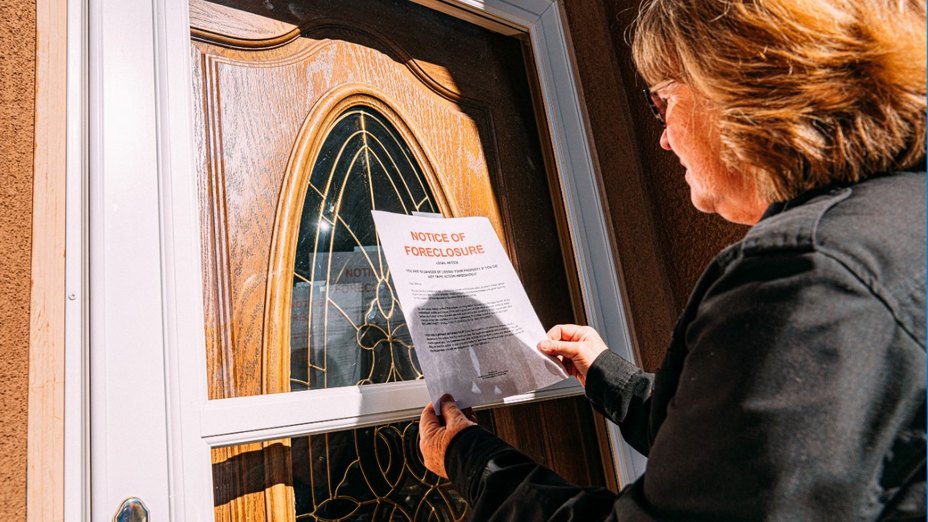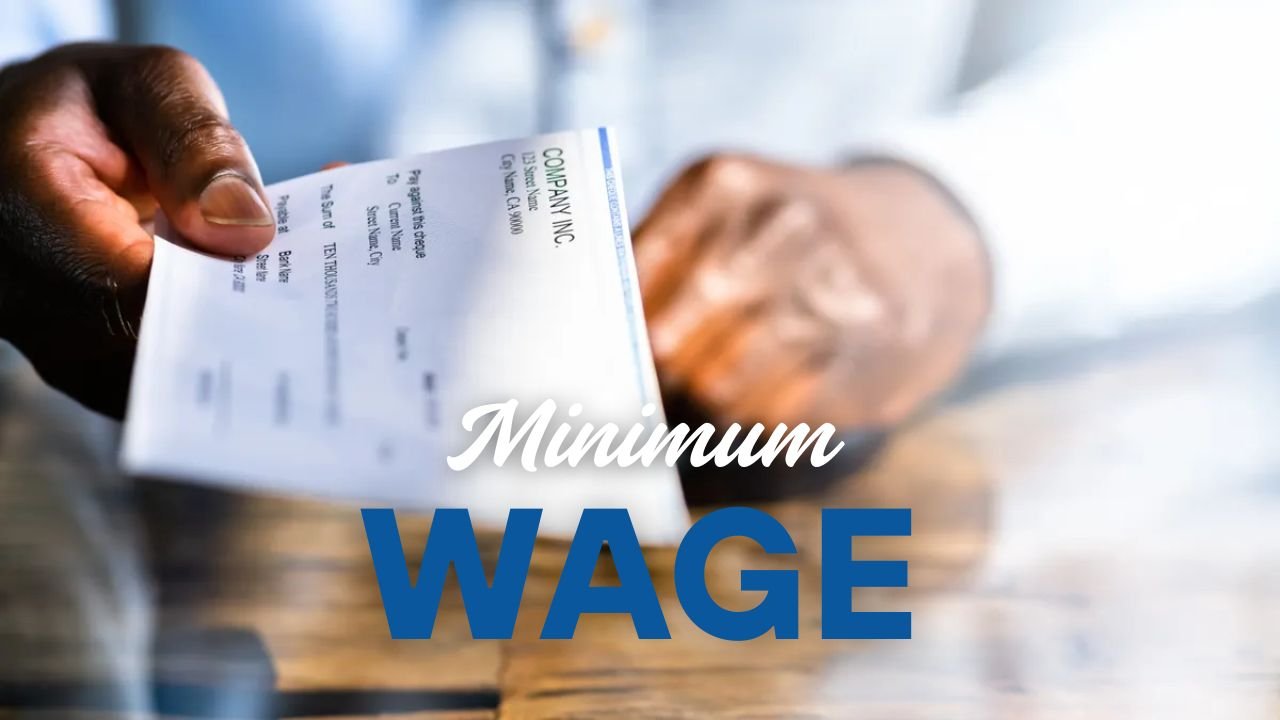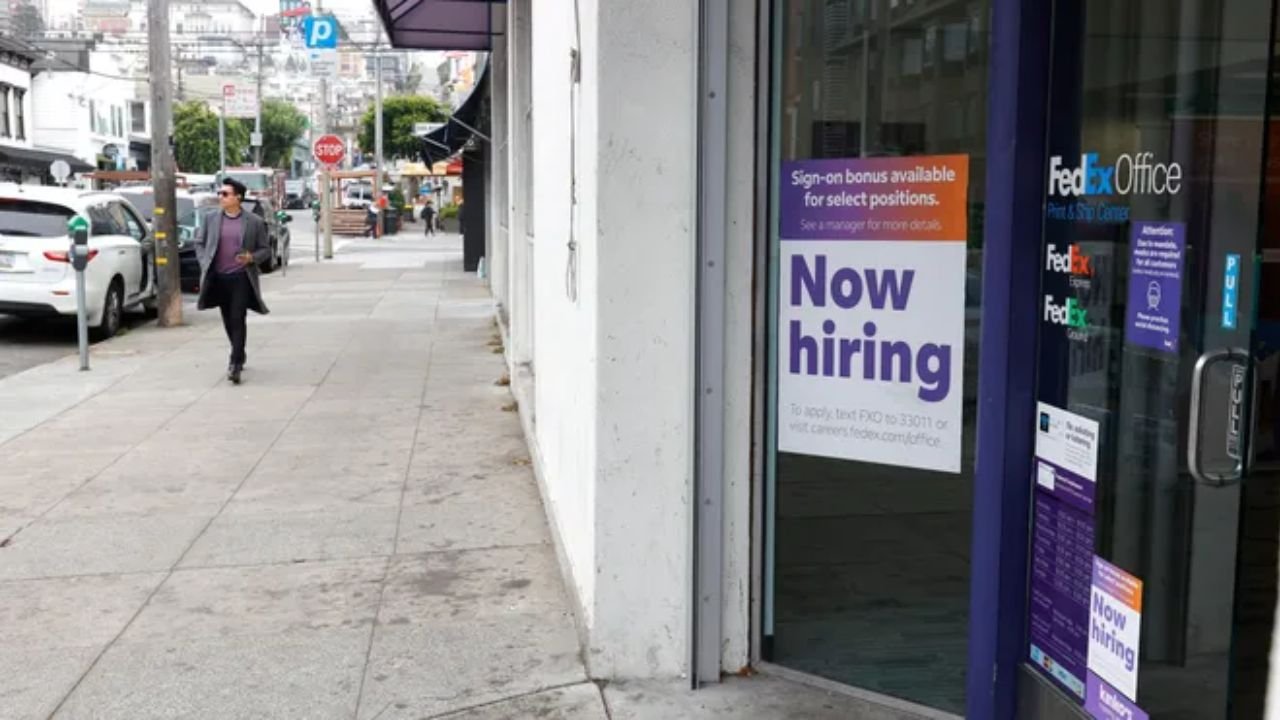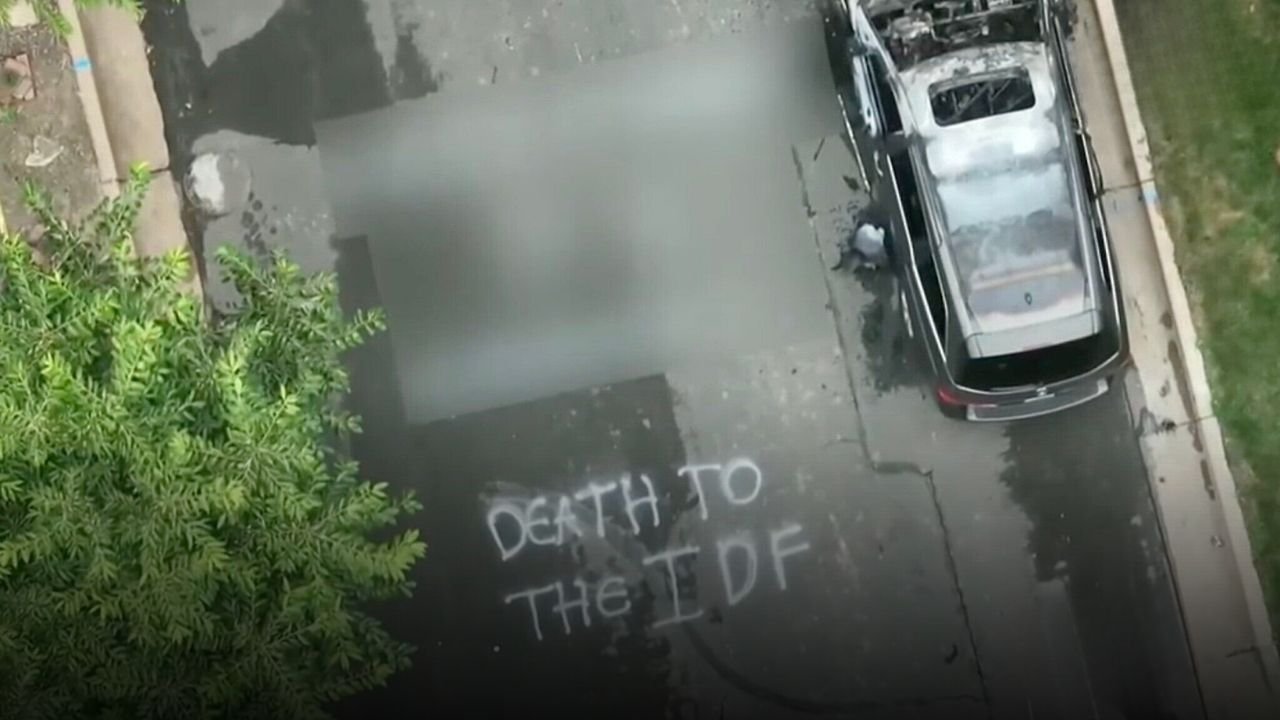CHICAGO, IL – Despite a unanimous Supreme Court decision in 2023, the state of Illinois is continuing practices that strip homeowners of entire property equity over small tax debts—a move critics call unconstitutional and exploitative.
At the heart of the controversy is the case of Tyler v. Hennepin County, where the Supreme Court ruled that governments cannot keep more than what’s owed in property tax foreclosures. The court clarified: keeping excess home value violates the Fifth Amendment’s Takings Clause.
Yet in Illinois, the practice continues—and disproportionately affects low-income homeowners, seniors, and Black communities in Cook County.
The Numbers: Millions in Equity Lost Over Pennies in Debt
According to a joint investigation by Injustice Watch and the Investigative Project on Race and Equity:
- Over 1,000 owner-occupied homes in Cook County have been seized since 2019.
- Many of those homeowners owed less than $1,600—some as little as $200.
- In total, $2.3 million in back taxes resulted in seizure of homes valued at over $108 million.
- More than $100 million in homeowner equity was transferred—often to private investors.
How the Process Works—and Why It’s Being Criticized
- When taxes go unpaid, counties place a tax lien on the property.
- That lien is auctioned to private investors, often equity firms.
- These investors then foreclose on the property—and keep the full sale amount, not just the tax owed.
Example: A homeowner who owed $1,000 on a $300,000 house could lose the house—and the investor keeps $299,000 in equity.
Critics say Illinois is the only state that hasn’t reformed its law following the Tyler decision.
Who Is Most at Risk?
Bryce Hill of the Illinois Policy Institute highlights the communities hardest hit:
- Black-majority areas like Ford Heights (collection rate: 31.4%), Harvey, Robbins, and Phoenix
- Senior citizens, many of whom are unaware of exemptions or unable to navigate the process
- In 2024 alone, over 800 seniors in Cook County had their tax debts sold to private firms
States That Offer Senior Tax Exemptions – Realtor.com
Illinois Still Out of Step with National Reform
After the Supreme Court ruling:
- States like New York, Michigan, New Jersey, Arizona, and Alabama revised laws or launched restitution programs.
- Illinois has done nothing, allowing equity theft to continue.
“Illinois is the only state that hasn’t fixed this law after Tyler,” said Christina Martin of the Pacific Legal Foundation, which argued the case.
Pacific Legal Foundation – Christina Martin
What Can Homeowners Do?
Christina Martin offers key advice for at-risk residents:
- Pay your taxes on time, if possible.
- Sign up for county tax alerts to monitor lien status.
- Seek legal aid immediately if you fall behind.
- Look into senior exemptions, payment plans, or hardship deferrals.
How to Handle a Tax Lien – Realtor.com
Despite court precedent, homeowners remain vulnerable to a system many legal experts now view as predatory.
Do you think Illinois should change its tax lien foreclosure laws to protect homeowners from losing equity? Know someone who’s been impacted? Share your views in the comments below.
For updates on housing rights, tax policy, and real estate laws in the Midwest, follow ChicagoSuburbanFamily.com.















No more property tax hike!!!!!!!!!